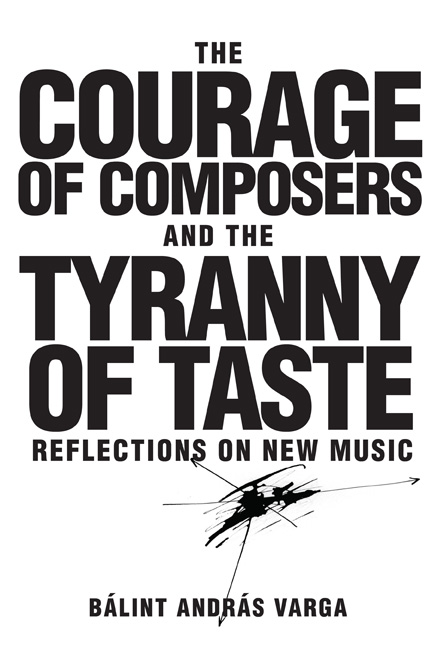31 - Manfred Trojahn (b. 1949)
Published online by Cambridge University Press: 22 May 2021
Summary
Here is one composer who does not speak in terms of courage but rather staying power, not about tyranny of taste but about chicanery. Manfred Trojahn would thus seem to have been unaffected by what other composers with weaker nerves might have experienced as atrocities; indeed, he appears to question the raison d’être of this book.
Looking objectively at the examples he cites from his life, though, I do believe that those subjects have nevertheless had their relevance for Trojahn. He may have developed a protective shield with the help of his irony and arrogance, but it is hard to believe that the incidents he recalls have not lefta trace. He certainly remembers them vividly.
I think those incidents must be of interest for students of recent music history: how young composers could be hounded by apostles of so-called New Music, how those composers might have been made hopelessly insecure through diametrically opposed expectations by critics, were it not for their inner certainty—and how that inner certainty can nevertheless yield to nagging question marks that can produce a blockage in their minds. Even Manfred Trojahn admits that he stopped composing for a year, he was so unsure of himself.
If you look at his worklist, you cannot but be impressed by its dimensions and diversity. He is one of the most successful opera composers in Germany and has made his way in other genres as well, in a niche of musical life that exists side by side with and wholly independent of the avant-garde scene. Trojahn has also had a fair share of official recognition in the way of awards and positions: he was president of the German Composers’ Association for several years and was also deputy director of the Composers’ Section of the Academy of Arts.
March 2, 2016
On consideration, I have come to the realization that courage is probably not the best word to describe what an artist needs to do the right thing. I have never had to live under conditions where my activities would have created life- or even existence-threatening situations. Such conditions would have required courage for me to stay upright and I do not wish to know if I would have been able to muster it.
- Type
- Chapter
- Information
- The Courage of Composers and the Tyranny of TasteReflections on New Music, pp. 198 - 204Publisher: Boydell & BrewerPrint publication year: 2017

